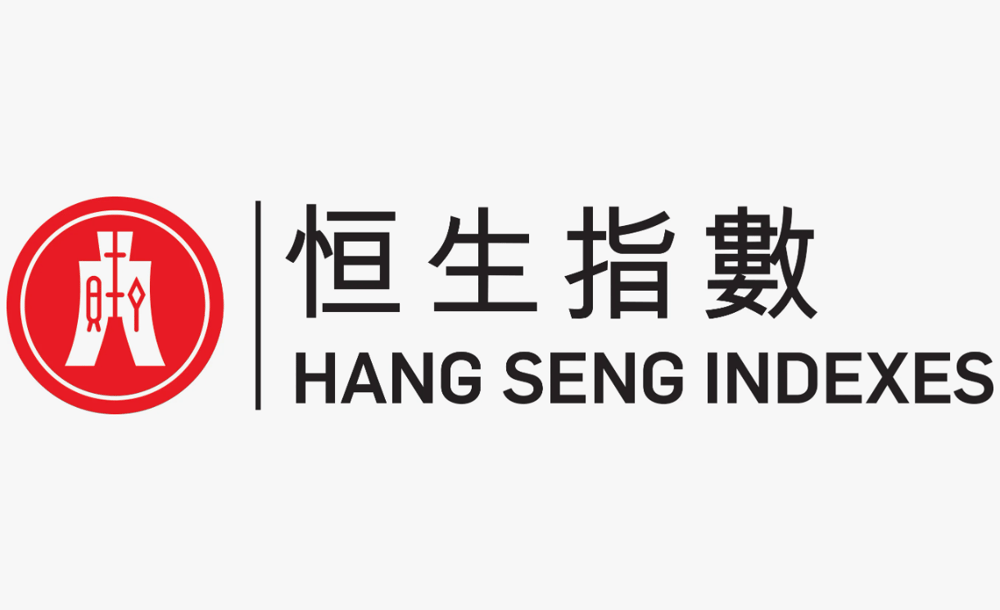Market Sentiment Deteriorates as Strait of Hormuz Closure Spurs Oil Surge
Escalating geopolitical tension in the Middle East has triggered a broad risk-off reaction in global financial markets. Over the weekend, the United States conducted targeted airstrikes on three Iranian nuclear facilities, intensifying the conflict between Iran and Israel. The prospect of further escalation and the potential closure of the Strait of Hormuz, a vital chokepoint for global energy supply, injected new volatility into commodity and equity markets.
Crude Oil Rallies on Supply Shock Fears
The potential disruption of oil shipments through the Strait of Hormuz, responsible for nearly 20% of the world’s petroleum trade, led to a sharp rise in crude prices. In early trading on June 23, WTI futures jumped as investors priced in elevated geopolitical risk. The price action reflects market expectations of tighter oil supply, should Iran act on its threat to block maritime traffic through the region. This resurgence in energy prices has reignited concerns about imported inflation and global growth stability, particularly in oil-dependent economies.

Hong Kong Equities Reverse Gains
Asian equity benchmarks were quick to react. In Hong Kong, the Hang Seng Index erased its prior session’s gains during Monday’s open, pressured by declines in technology and electric vehicle (EV) shares. The Hang Seng Tech Index fell 0.78%, dragged lower by major Chinese tech players.
Among notable movers:
Alibaba Group $9988.HK dropped 1.52%, reflecting investor unease over heightened macro risks.
Baidu Inc. $9888.HK lost 1.03%, continuing its recent correction.
EV Sector Mirrors Broader Weakness
Automakers focused on electric vehicles tracked the broader downturn, responding to the general de-risking trend and concerns over global demand:
Investors remain wary of cyclical sectors amid geopolitical uncertainty, as supply chain stability and consumer confidence become increasingly sensitive to global disruptions.

Converging Headwinds Weigh on Risk Assets
Multiple factors are contributing to increased risk aversion across financial markets:
Rising geopolitical instability in the Middle East;
Concerns over energy supply chain disruptions via the Strait of Hormuz;
Surge in oil prices and the threat of inflationary pressure;
Continued weakness in tech and EV sectors in Hong Kong;
Global repricing of assets due to growing macro uncertainty.
The current environment underscores market fragility and highlights the sensitivity of investor sentiment to geopolitical flashpoints.















Comments
The unfolding situation could lead to significant global economic repercussions, especially in energy markets.